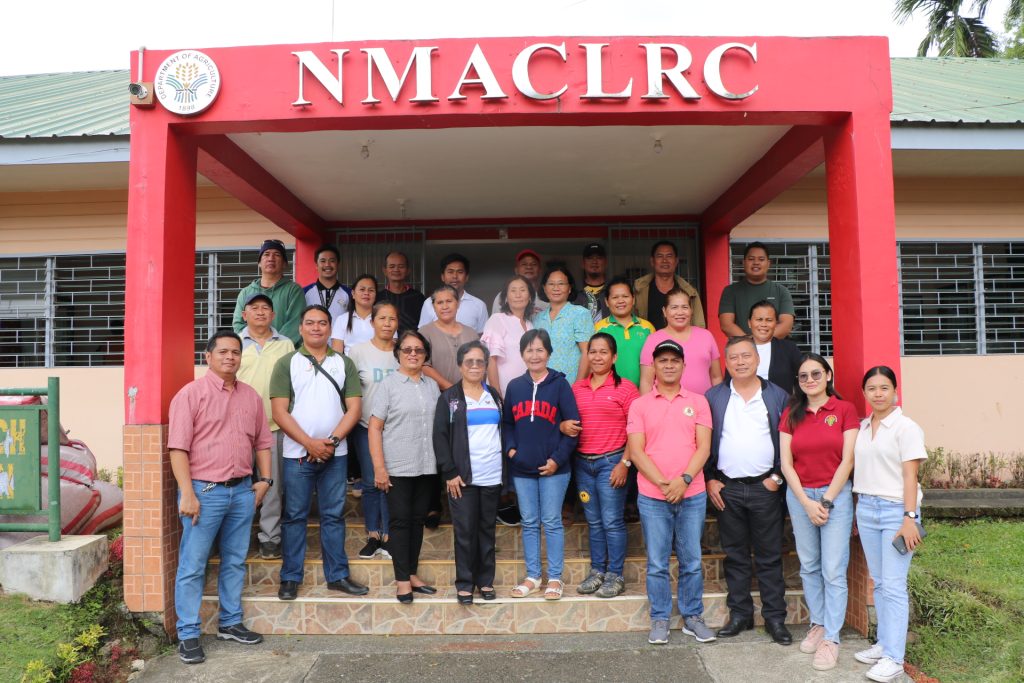
DA-10 through its Corn program spearheads a cassava livelihood training and institutionalization of digital agriculture for enhanced market linkage and forecasting.
MALAYBALAY CITY, BUKIDNON — Banking on digital agriculture as means to improve farmers’ efficiency and sustainability in cassava production and marketing, the Department of Agriculture – Northern Mindanao (DA-10) through its Corn program spearheads the conduct of a three-day Cassava Livelihood Training and Institutionalization of Digital Agriculture for Enhanced Market Linkage and Forecasting starting on October 28, at the Northern Mindanao Agricultural Crops and Livestock Research Complex, in Dalwangan, here.
Gathering about 40 farmers and agricultural extension workers, the capbuild aims to scale-up the livelihood of cassava farmers through discussions and demonstration primarily centered on cassava production and value-adding technologies, pests and diseases management, as well as an introduction of digital platform in agriculture for better marketing tie-ups between cassava producers and processing plants.
In his remarks, DA-10 Regional Executive Director Jose Apollo Y. Pacamalan urged the attendees to maximize the activity, going beyond from simply growing cassava and exploring other opportunities in order for them to utilize the crop as a primary ingredient for food.
On the marketing aspect, the guidelines, quality standards and volume requirements of existing cassava processors in region 10 were presented, targeting to capture producers’ harvest for the tapioca starch, and cassava granules, meal and tuber needs of the same.
By employing digitalization, the agri department also eyes to harmonize the planting schedules of farmers, so as to determine the periods for cassava harvest along with its volume, thereby ensuring growers’ quality of their harvest as well as enough supply of the commodity to satisfy the demands of different cassava processing plants.
For her part, Luz I. Guzman, PhD also cited the paramount importance of crafting a long-term plan, given the formulation of a re-entry plan of the trainees as a precursor in conferring interventions to augment cassava farmers’ productivity and income in locally growing and developing cassava and its by-products.
Under Agriculture Secretary Francisco P. Tiu Laurel Jr.’s helm, the activity is also aligned with the strategies of attaining food security and making agriculture as a viable industry—expand and improve available agri areas for increased production; improve and expand local and international market access; science and information-driven decision-making through digitalization; and strong partnership with the farmers, fisherfolk, private sector, and other stakeholders.# (JLO/Photo credits: GDA)
